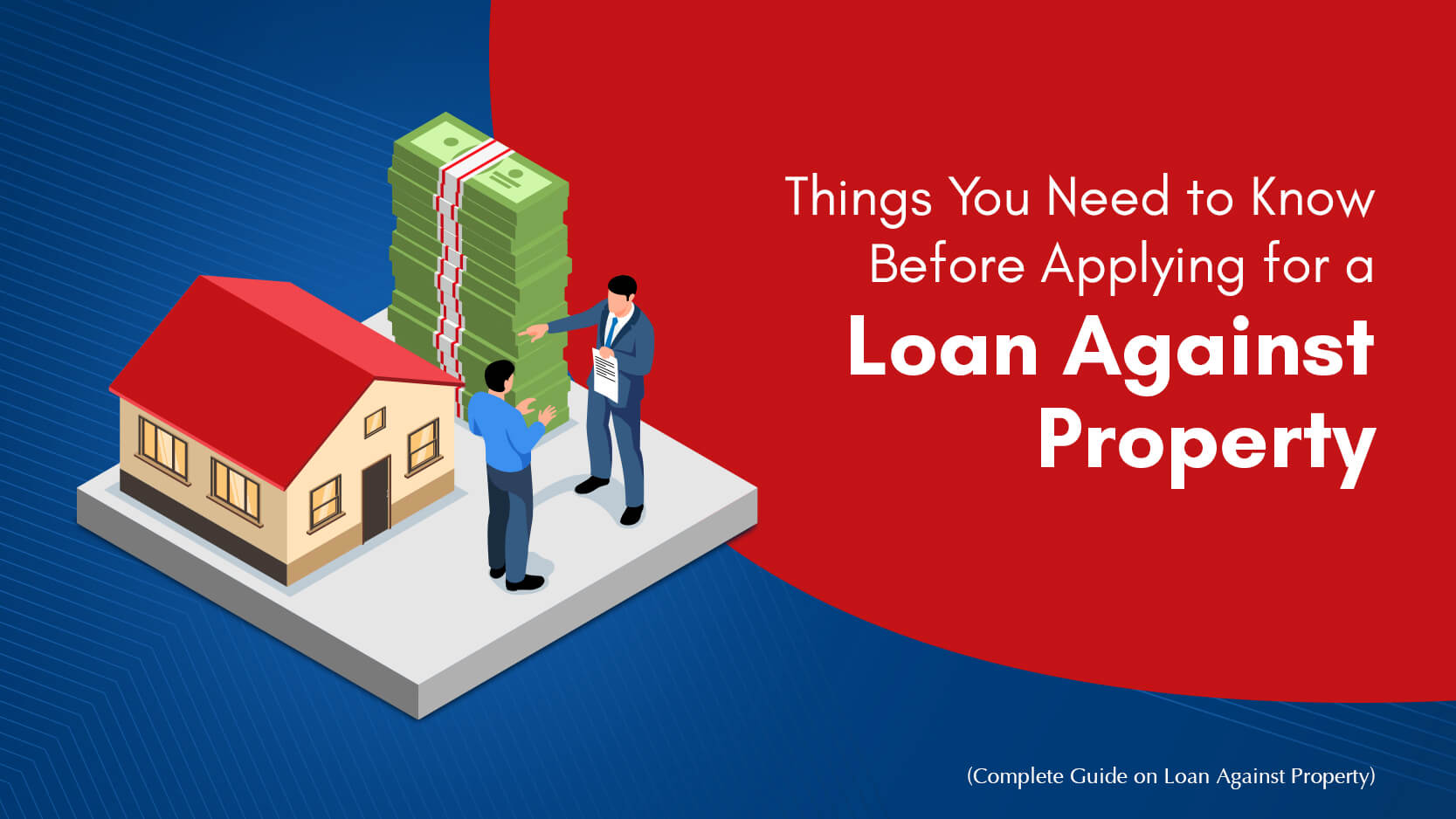Special Offers




Special Offers




21-Jun-2023 | Loan Against Property

Financial requirements are inherently uncertain and unpredictable, and our aim is to fulfil them promptly. However, there are often gaps between the capital we require and the amount we possess. In such cases, we have the option of obtaining a loan to meet our needs. There are two choices available: a personal loan and a Loan Against Property (LAP). Personal loans typically come with high-interest rates, while loans against property interest rates are comparatively competitive to personal loans.
Although we frequently hear the term LAP in the context of credit, its meaning and utilisation might be unfamiliar to some. Let's delve into the fundamentals and workings of LAP in the banking industry to gain a better understanding.
A Loan Against Property (LAP) is a form of secured loan where we utilise our property as collateral to secure a mortgage. In simpler terms, we offer our property as a guarantee. This type of loan allows property owners to leverage the value of their property to obtain funds.
The main difference between a personal loan and a Loan Against Property lies in their purpose and collateral requirements. While both can fulfil personal financial needs, a personal loan offers more flexibility in terms of usage, including expenses related to weddings, startups, health, education, and travel. On the other hand, a Loan Against Property is specifically secured by property collateral and is primarily intended for personal financial requirements.
It's important to note that while weddings, startups, health, education, and travel can be considered personal financial needs, the key difference lies in the collateral aspect. A Loan Against Property requires the borrower to pledge a property as collateral, providing the lender with an added layer of security. In contrast, a personal loan typically does not require collateral, making it more accessible for individuals who may not have assets to pledge.
Another notable difference is the determination of loan amount. In a personal loan, the bank decides the loan amount based on various factors such as creditworthiness, income, and repayment capacity. However, in a Loan Against Property, the borrower can evaluate the amount in advance by assessing the value of the property being pledged as collateral. This allows for more certainty in determining the loan amount.
In summary, while both personal loans and Loans Against Property serve personal financial needs, the key differences lie in the collateral requirement and the ability to evaluate the loan amount in advance. Personal loans offer greater flexibility in usage, while Loans Against Property provide the advantage of collateral-backed security and a more predictable loan amount.
Here are the key features of a loan against property:
Ownership: The borrower retains legal ownership of the property throughout the loan tenure.
Simple Eligibility Criteria: The eligibility criteria for Loan Against Property is simple and straightforward. The borrower must be the owner of the property and have a stable income source, whether self-employed or salaried, along with a good credit score.
Low-Interest Rate: Lenders offer competitive loan against property interest rate since it is a secured loan with the property acting as collateral. To check the EMI on loan against property, you can use the loan against property calculator.
High Loan Value and Long Repayment Period: Borrowers can obtain up to 60% - 75% of the property's value as collateral and enjoy a maximum repayment period of 15 years.
Let’s explore some of the essential tips to consider before applying for a loan against property:
Keep your KYC documents updated and ready
Check your credit score: A higher credit score increases the likelihood of loan approval. Maintain a good credit score by ensuring timely payments and managing your credit history.
|
300-550 |
550-650 |
|
POOR |
FAIR |
|
Institutions are unlikely to lend money at this credit score. It is advisable to work on improving the credit score. |
Institutions consider this credit score acceptable, but the interest rates may be moderate. Improving the credit score is still recommended |
|
650-750 |
750-900 |
|
GOOD |
EXCELLENT |
|
With a good credit score, institutions are more willing to lend money at favorable interest rates. |
An outstanding credit score indicates a strong credit history, resulting in institutions offering loans at low-interest rates. |
Evaluate loan repayment tenure: Select a flexible repayment tenure that suits your financial capabilities and minimises the overall interest burden.
The eligibility criteria for LAP are as follows:
Indian nationality
Salaried government employees
Non-government salaried individuals
Self-employed individuals
Age between 18 and 70 years
The documents required for loan against property include:
Application form
PAN card
Proof of identity (e.g., Aadhar card, passport, voter ID)
Proof of birth
Proof of address
Signature proof
Income proof
Lease rental agreement
Property documents
Proof of income
In conclusion, a Loan Against Property (LAP) is a secured loan that allows property owners to leverage the value of their property to obtain funds for personal financial needs. Unlike personal loans, LAP requires collateral in the form of property, providing financial institutions with added security. This collateral requirement and the ability to evaluate the loan amount in advance are key differences between LAP and personal loans; also, LAP offers competitive interest rates, simple eligibility criteria, high loan value, and a long repayment period.